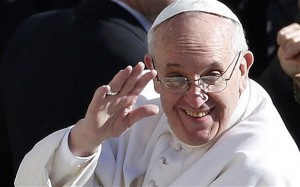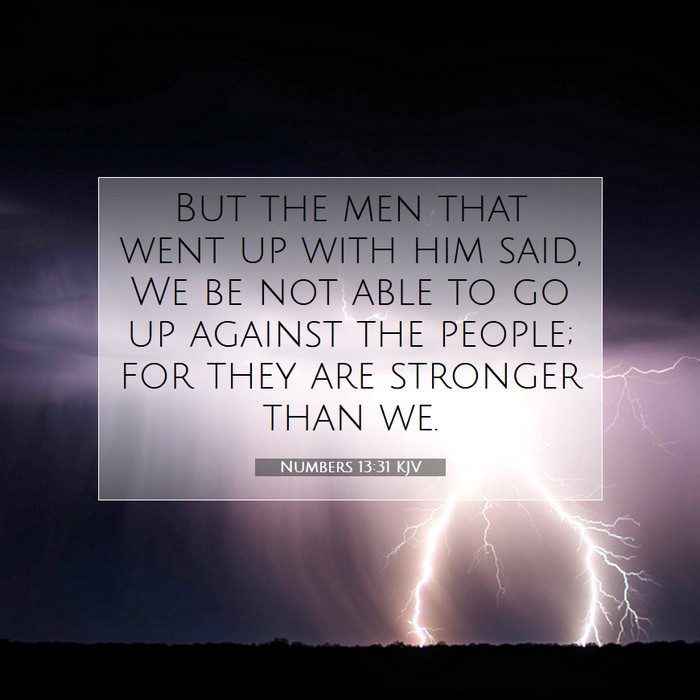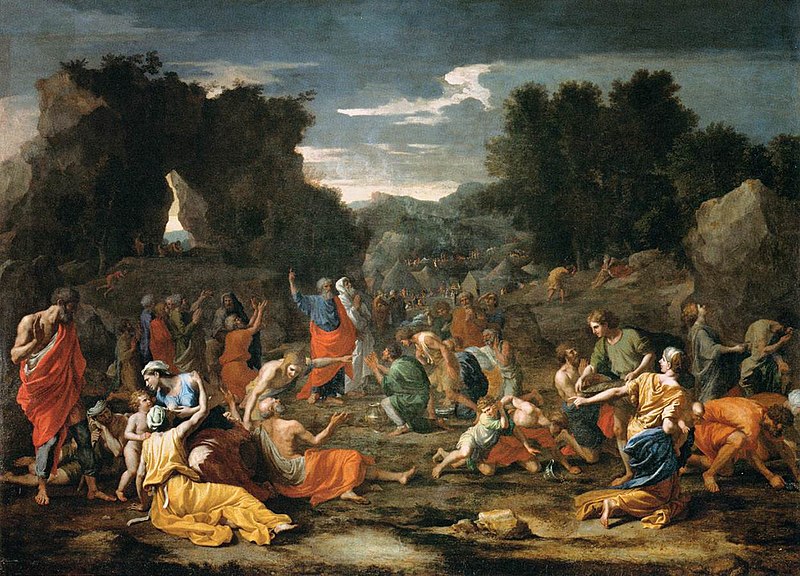Matthew 16:21–27
Matthew 16:21–27
21 From that time Jesus began to show his disciples that he must go to Jerusalem and suffer many things from the elders and chief priests and scribes, and be killed, and on the third day be raised. 22 And Peter took him aside and began to rebuke him, saying, “Far be it from you, Lord! This shall never happen to you.” 23 But he turned and said to Peter, “Get behind me, Satan! You are a hindrance to me. For you are not setting your mind on the things of God, but on the things of man.”
24 Then Jesus told his disciples, “If anyone would come after me, let him deny himself and take up his cross and follow me. 25 For whoever would save his life will lose it, but whoever loses his life for my sake will find it. 26 For what will it profit a man if he gains the whole world and forfeits his soul? Or what shall a man give in return for his soul? 27 For the Son of Man is going to come with his angels in the glory of his Father, and then he will repay each person according to what he has done.[1]
St. Thomas Aquinas, in his commentary on Matthew notes:
And why does He go to Jerusalem? He mentions the reason. But in that He says, Jerusalem, the first reason is that God’s Temple was there, the place where sacrifices occurred. Now the sacrifices of the Old Law were figures of that sacrifice which was on the altar of the Cross; for that reason, He willed that in the place where the figure was, the truth would appear; “And He hath delivered himself for us, an oblation and a sacrifice to God for an odor of sweetness,” etc., (Eph. 5, 2). Another reason is that the prophets suffered in Jerusalem, as it is written below: “Jerusalem, Jerusalem, thou that killest the prophets and stonest them that are sent unto thee” (23, 37). He wished, therefore, to suffer there to show that their death was a sign of Christ’s Passion. Likewise, ‘Jerusalem’ means ‘vision of peace’; but the Passion itself was making peace; “Making peace as to the things that are on earth and the things that are in heaven” (Col. 1, 20). Moreover, He wished to suffer there so that by this way there might be to us a way to the spiritual Jerusalem; “But that Jerusalem which is above is free: which is our mother” (Gal. 4, 26)[2]
In response to the news Jesus gives them, Peter returns to form and engages his mouth before engaging his brain. It is easy to critique Peter here, but we might want to pause how shocking this would have been to the disciples. We have the spoiler alert of history and know how this all plays out. From Peter’s perspective, he had just had his suspicions confirmed Jesus was the Messiah. Had just learned that he was going to play a major role himself in Jesus’ mission. Hearing such news, who of us would have calmly taken this in, perhaps pondering the role of the suffering messiah in Isaiah or the other scriptural clues. The Holy Spirit gave him knowledge about Jesus as the messiah, but he needed to let go of his expectations to understand God’s plans. Peter, as the everyman experiences the same as all of us being stripped down of our want and desires to bring them in conformity with God’s will. “On his own, he cannot see the spiritual necessity of Jesus’ Passion for sinners.”[3]
It now seems almost comical at the thought of Peter “rebuking Jesus.” He tries to prudentially use his role as leader by taking Jesus aside and not rebuking him directly among all the other apostles. Peter might have thought of himself being quite prudent in doing this. I can imagine his shock at hearing, “Get behind me, Satan! You are a hindrance to me. For you are not setting your mind on the things of God, but on the things of man.”
SATAN The Hebrew word שָׂטָן (satan) means to oppose, obstruct, or accuse. The Greek term (σατάν, satan) literally means “adversary.” In the New Testament, it refers to a title or a name—(the) Satan. The term שָׂטָן (satan) is rendered as diabolos in the Septuagint.[4]
Dr. Brant Pitre comments further on the language used here:
Well notice what Jesus says there. He doesn’t just rename Peter as Satan, he says “get behind me, Satan! You are a hindrance to me.” The Greek word here for hindrance is skandalon. We get the English word scandal from that, so he is saying you are a scandal to me. Now what is interesting about that is that in the original Greek, the word skandalon literally means “a stumbling stone.” A skandalon would be a stone in the path that you trip over when you are walking. So what Jesus is doing here, in a sense, is punning off of the name he just gave Peter. So when Peter was confessing faith in Jesus’ divine sonship he was the rock, he was the Petra ; but now that he is opposed to the passion and death and resurrection of Jesus, he’s become a skandalon a stumbling stone. So he is still a rock, but he’s taken on a different form here.[5]
I like to reflect on the playfulness of the language that Jesus uses and that he will pun.
Brant Pitre remarks on how Jesus uses opportunities to teach:
Most of us, when we think about the story of Peter and Jesus, we end with “get behind me Satan.” We say “look at Jesus, he kind of rebuked Peter because Peter doesn’t understand the cross.” That is not where the story stops in Matthew’s Gospel, because in Matthew’s Gospel Jesus—once again—uses Peter’s mistake as an opportunity to open up a deeper mystery, to teach them something further. And in this case, it is about the mystery of suffering and discipleship.[6]
In the second paragraph of today’s Gospel reading, teaches on what is sometimes called the “cost of discipleship.” He never glosses over what it means to follow him. He does not soften the blow, but teaches what reality will bear out over and over. More importantly, he directs us to our final end, and the glorious plan he has for us. We are not just passing through our earthly life into eternal nothingness. He uses paradoxes to bring us closer to this mystery and to understand what we should prioritize.
I was thinking about the idea of the “cost of discipleship” in contrast to the “cost of non-discipleship.” From experience, I know that my attempts to maximize pleasure and to reduce suffering have had the opposite effect. Trying to avoid suffering, I almost always increased it in the long term. Avoiding conflict, I became more conflicted. Redemptive suffering is such a hard-sell, but it can also be the heart of love as it can focus us on the suffering of others and willing their good.
CCC 440 Jesus accepted Peter’s profession of faith, which acknowledged him to be the Messiah, by announcing the imminent Passion of the Son of Man. He unveiled the authentic content of his messianic kingship both in the transcendent identity of the Son of Man “who came down from heaven,” and in his redemptive mission as the suffering Servant: “The Son of Man came not to be served but to serve, and to give his life as a ransom for many.” Hence the true meaning of his kingship is revealed only when he is raised high on the cross. Only after his Resurrection will Peter be able to proclaim Jesus’ messianic kingship to the People of God: “Let all the house of Israel therefore know assuredly that God has made him both Lord and Christ, this Jesus whom you crucified.”[7]
Sources
- St. Thomas Aquinas, Commentary on the Gospel of St. Matthew
- The Ignatius Catholic Study Bible꞉ The New Testament
- Lexham Bible Dictionary – Verbum
- Catholic Productions, Commentaries by Brant Pitre
- Catechism of the Catholic Church, 2nd Edition
- English Standard Version Catholic Edition
- Photo by Ben White on Unsplash
- English Standard Version Catholic Edition (2019). Augustine Institute. ↩
- Commentary on the Gospel of St. Matthew, Dolorosa Press ↩
- Ignatius Catholic Study Bible: New Testament ↩
- The Lexham Bible Dictionary. Lexham Press. (2016) ↩
- Catholic Productions, Brant Pitre, 22nd Sunday in Ordinary Time ↩
- ibid ↩
- Catholic Church. (2000). Catechism of the Catholic Church (2nd Ed). United States Catholic Conference. ↩





